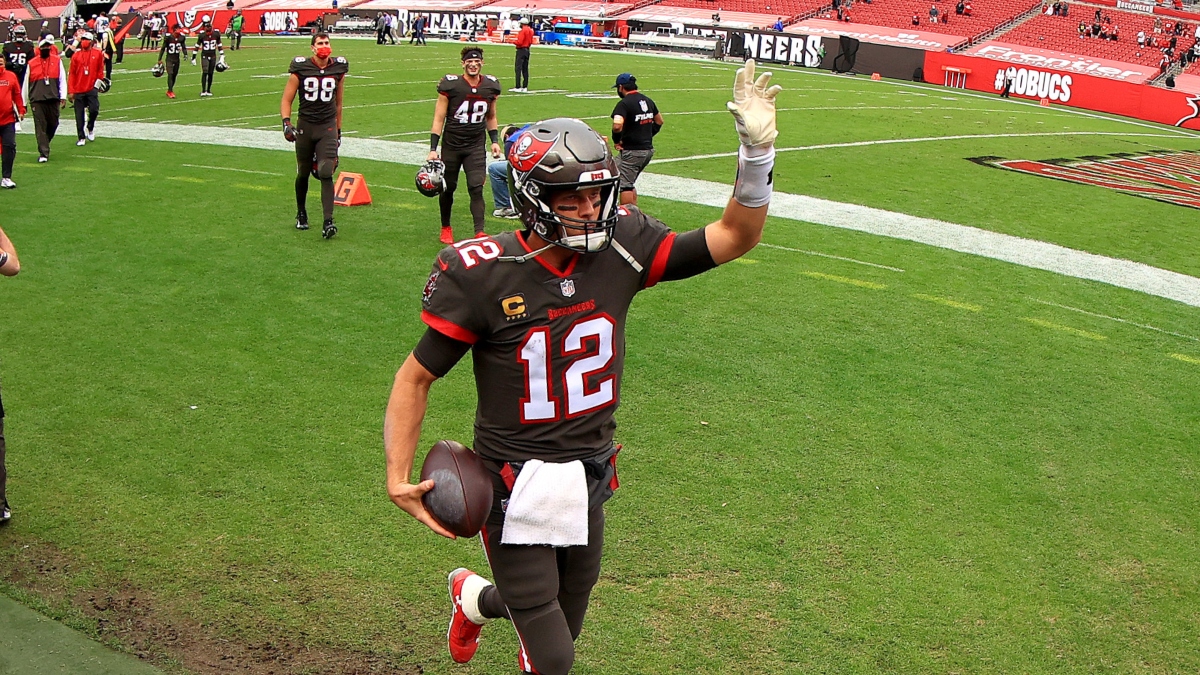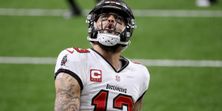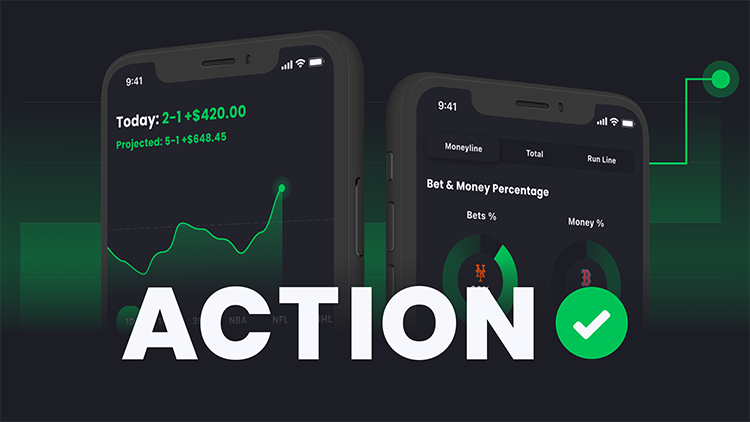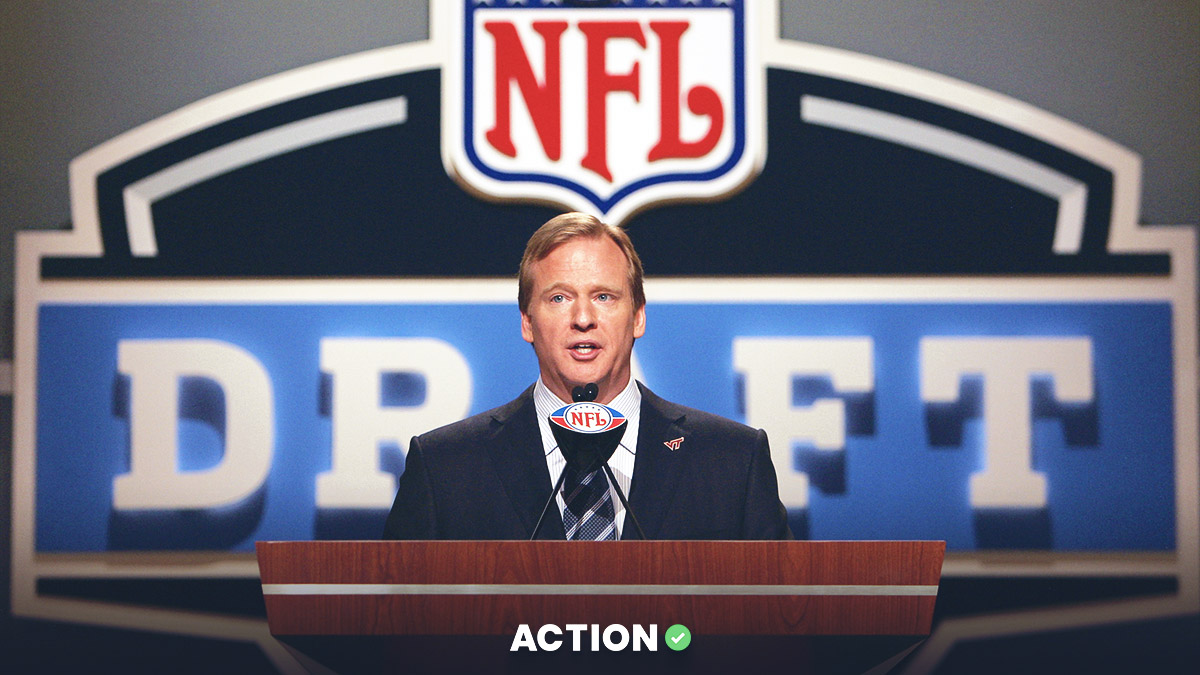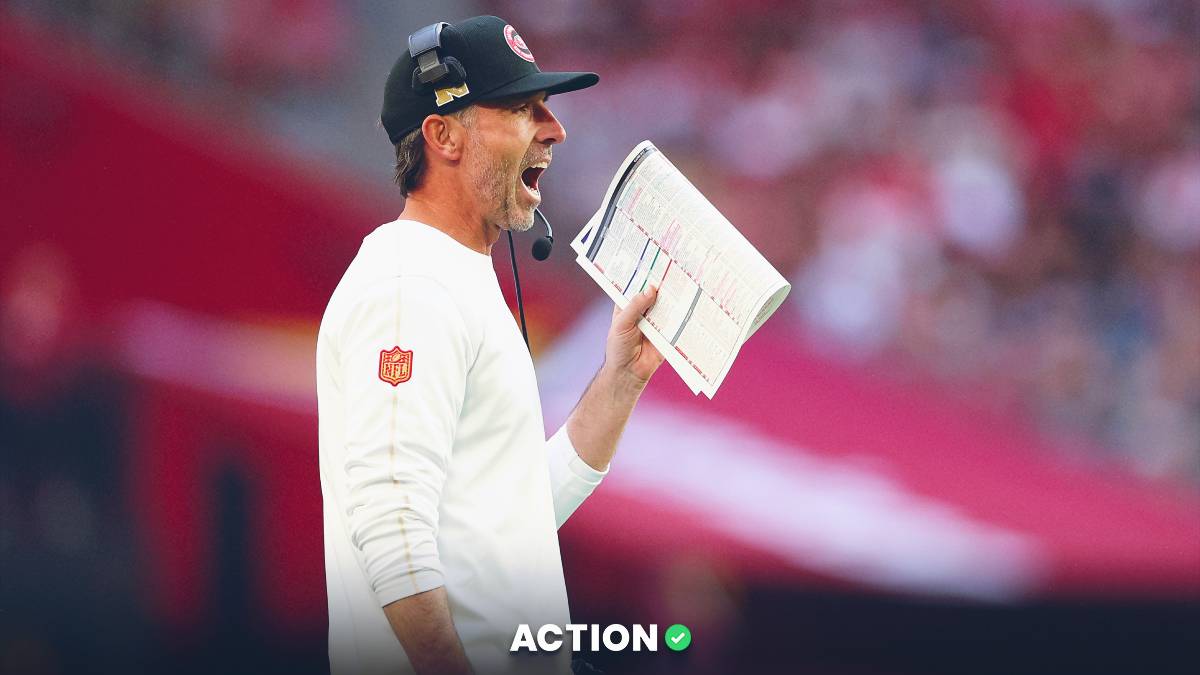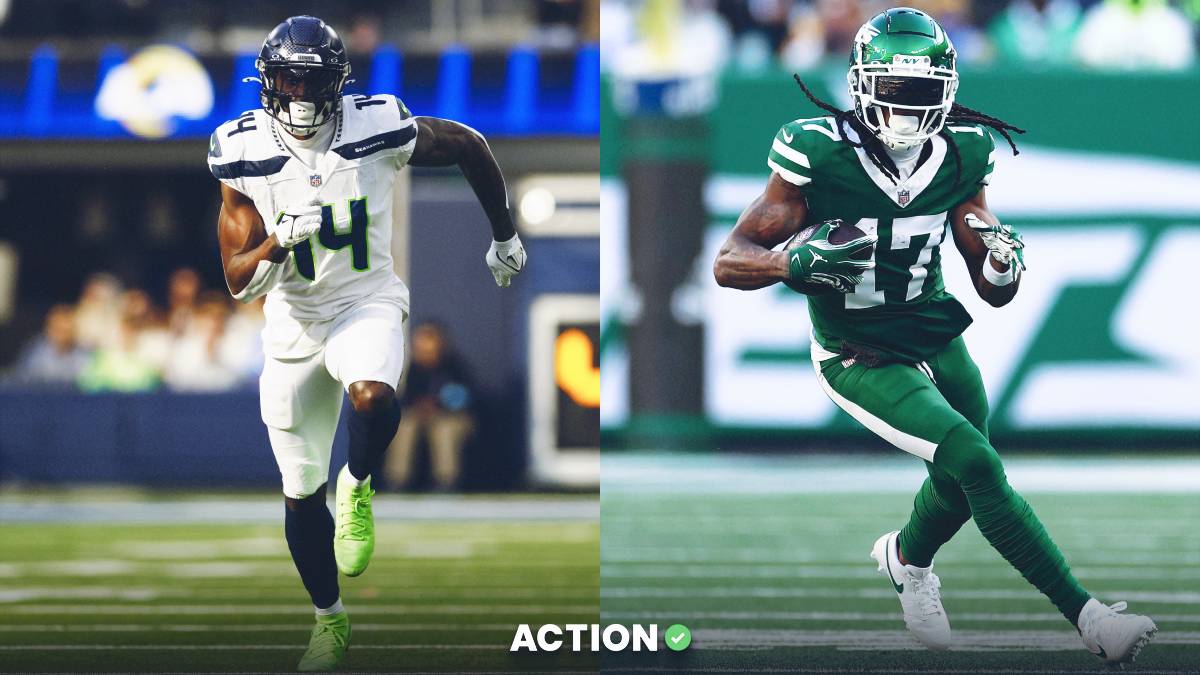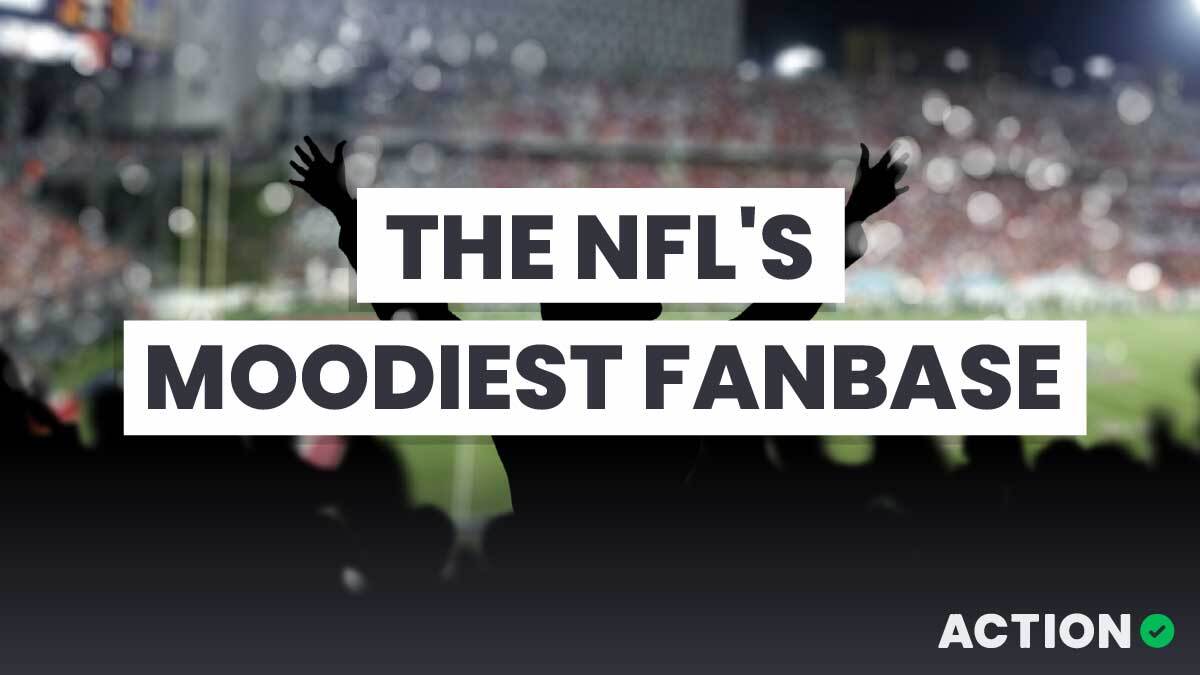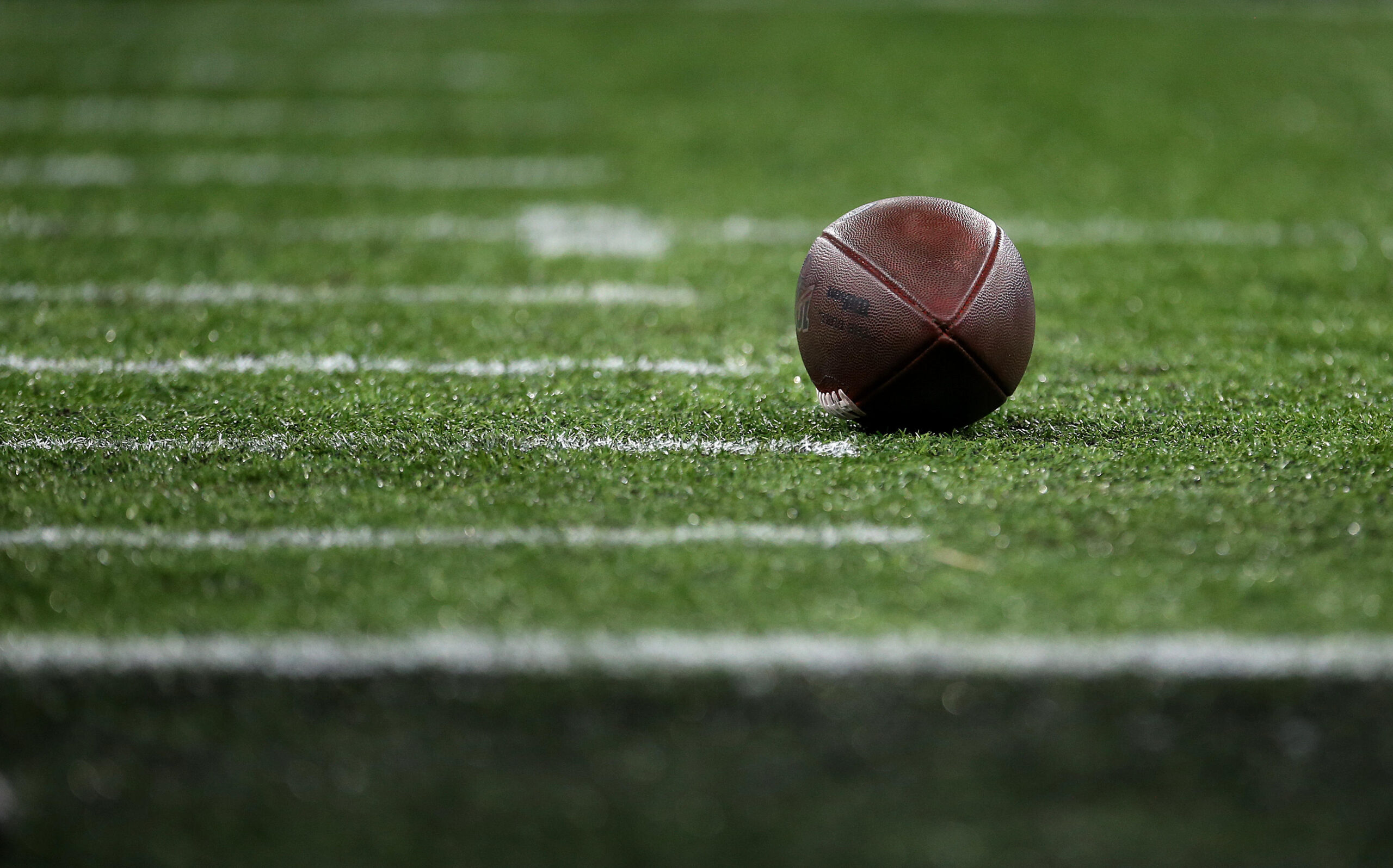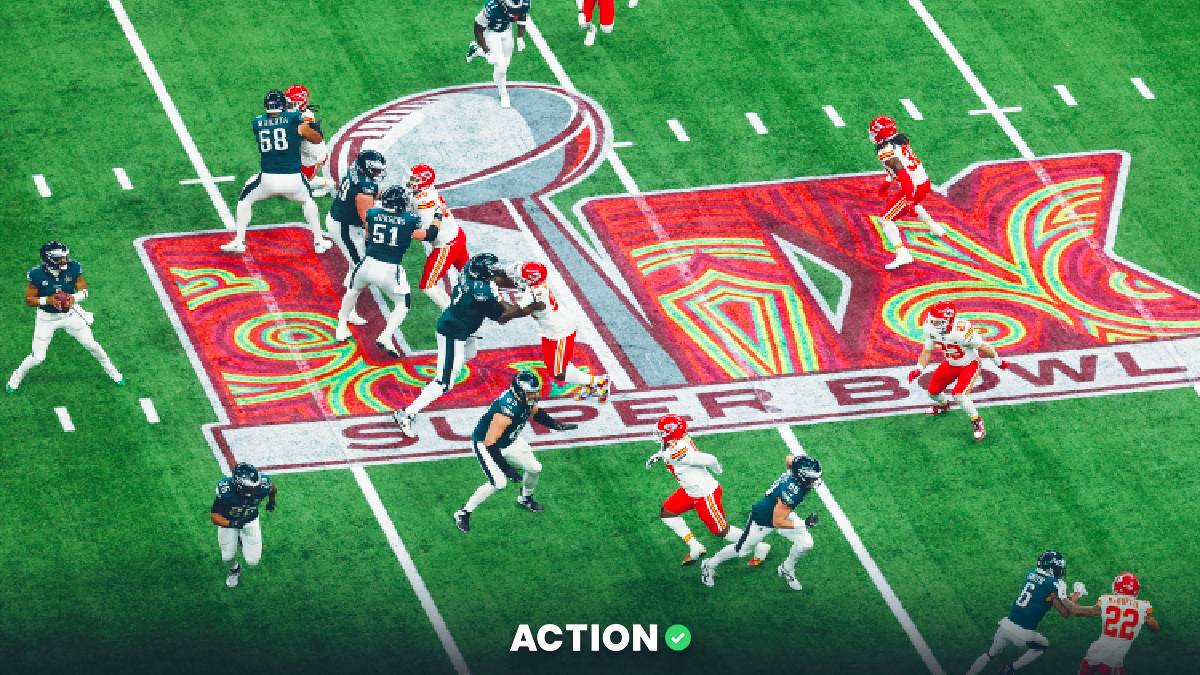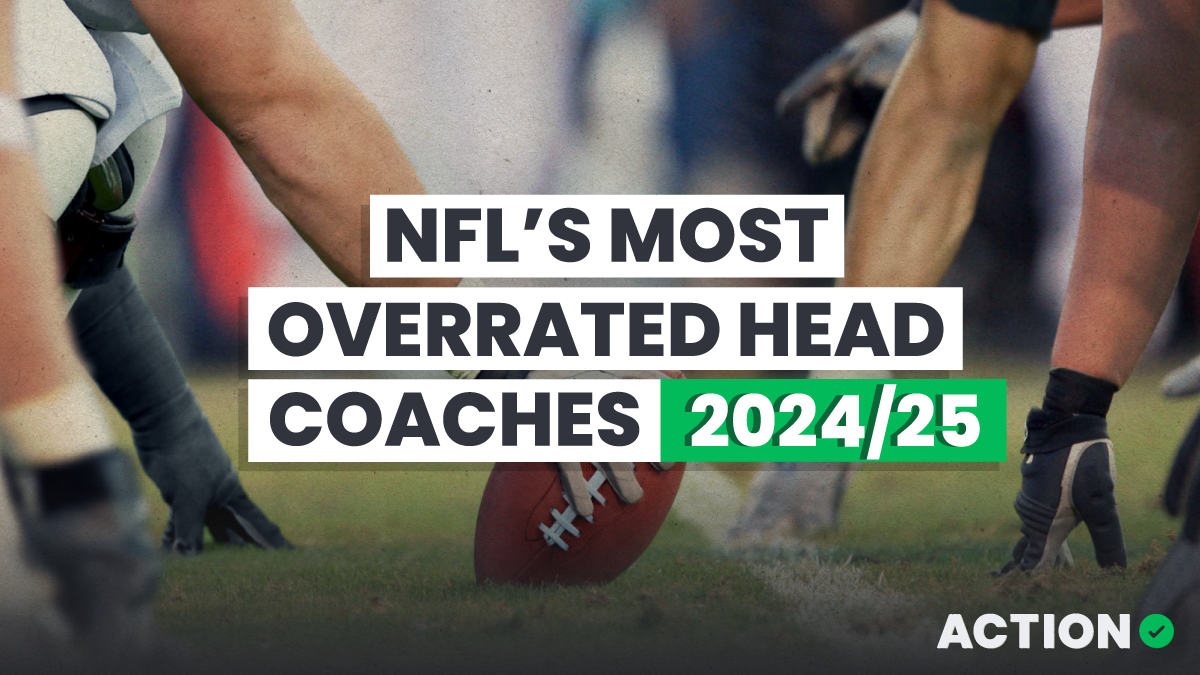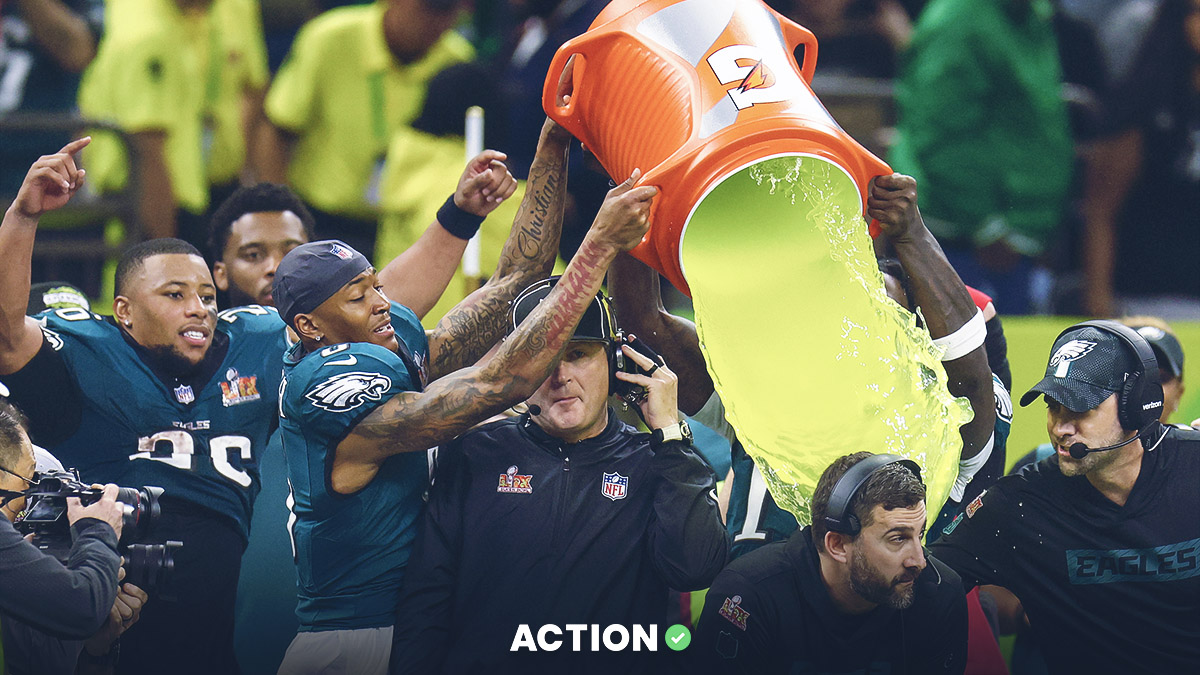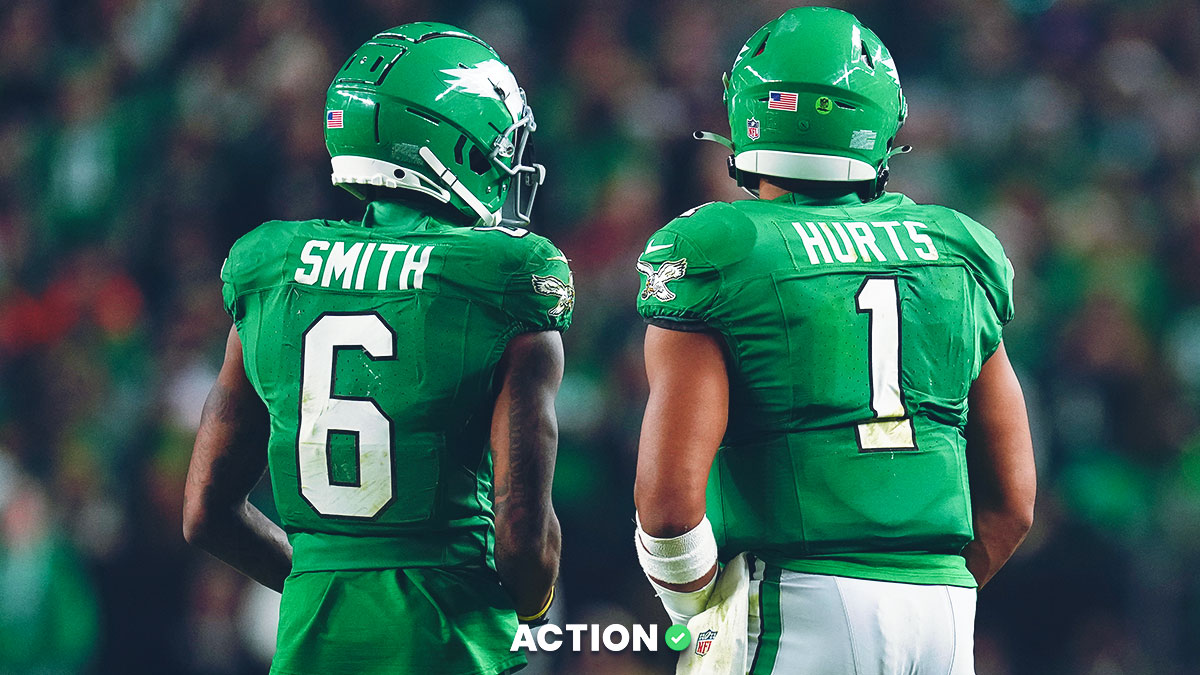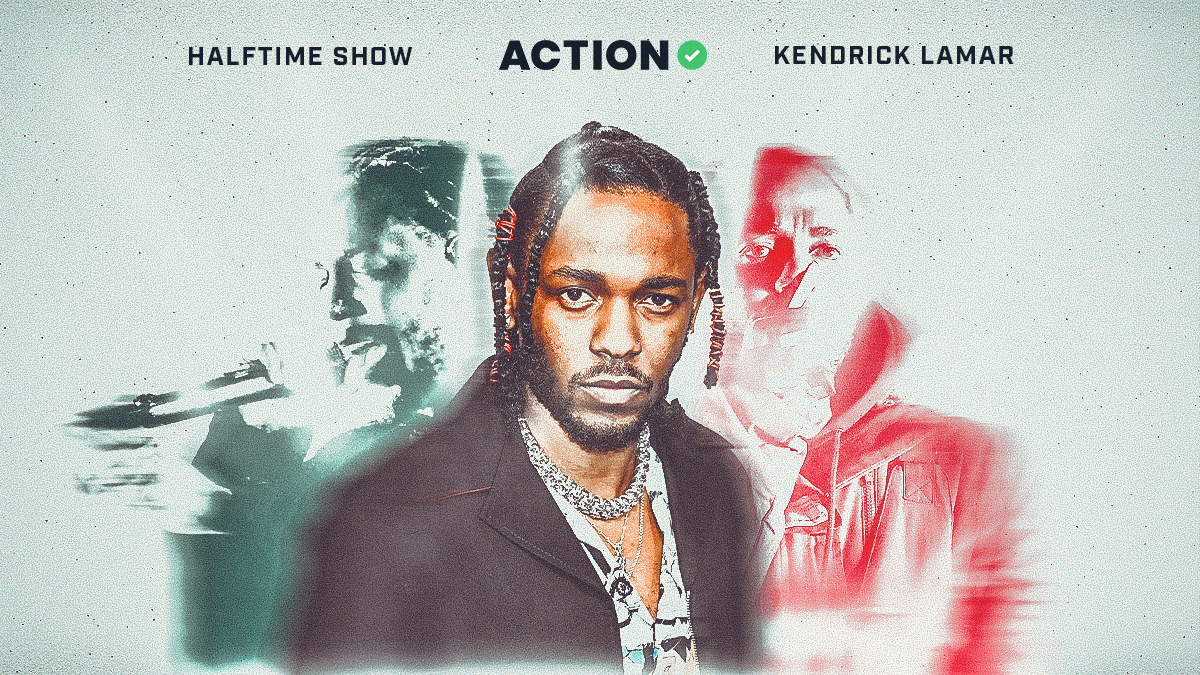Tom Brady will have a chance to play for his seventh Super Bowl ring — on his home turf.
With their NFC Championship victory over the Packers, the Buccaneers will be the first NFL team to play in a Super Bowl hosted at their home stadium: Raymond James in Tampa Bay. Only two other teams in league history have made Super Bowls played in their home regions — the 49ers at Stanford Stadium in Super Bowl 19 and the Rams at the Rose Bowl in Super Bowl 14 — but neither was at their home stadiums.
Of course, the ongoing pandemic adds a wrinkle to any potential home-field advantage for the Bucs: Only 22,000 fans will be present, which is roughly 30% of the stadium's capacity. The league will gift roughly 7,500 tickets to healthcare workers, which means only about 14,500 are available to purchase.
So what type of advantage can we expect the Bucs to have? At least from a betting perspective, not much. Three of the five analysts who power our NFL PRO Projections explains why home-field advantage won't move their projected point spreads for Super Bowl 55 much (if at all).
How Much Is Home-Field Advantage Worth to the Bucs In Super Bowl 55?
Sean Koerner, Director of Predictive Analytics: Maybe a half point?
I may adjust how much it's worth once the matchup is set, but I'm expecting more of a "corporate" crowd at Raymond James rather than thousands of diehard Bucs fans.
Maybe the pirate ship in the background will give Bucs players the comfort of playing at home, but I’m not anticipating it to be much of a factor in any of my Super Bowl bets.
Travis Reed, Data Manager: Nothing.
Home-field advantage can come from three different factors in my opinion: Crowd noise, travel and weather. Florida in February shouldn’t be an issue at all.
This year’s Super Bowl will have limited fans, many of which will be corporate and neutral.
Raheem Palmer, Analyst: Nothing.
As we discussed heading into the playoffs, home-field advantage has been decreasing year-over-year for the past four seasons, with it now worth all but nothing.
The Buccaneers already had one of the lowest home-field advantages in the NFL over the last 10 seasons, and with an improved roster this season, they went 5-3 at home and 6-2 on the road.
I do believe that the NFL teams based in Florida — Miami, Tampa Bay and Jacksonville — have an added home-field advantage in September, given that it’s still hot and they often force opposing teams to wear their dark jerseys, which attract more heat when players are still looking to get into game shape.
With the Dolphins, Buccaneers and Jaguars spending their training camp in hotter climates, they’re typically more prepared for the heat than their opponents. Other than that, though, there’s no weather or altitude advantages for them outside September.
After a full season of limited (or no) fan attendance, we can deduce that much of a team's home-field advantage comes from crowd noise impacting the road offense. Given the corporate nature of Super Bowl crowds, we’re not likely to see many hardcore or rowdy Buccaneers fans in attendance.
Stuckey, Analyst: About 0.25 points.
Yes, there will be some fans, but I assume it will be completely corporate so I don’t think that will provide any advantage. Also, the opposing team has two weeks to prepare for this game and choose ideal travel and prep plans.
I do still think the Bucs will have a tiny edge for familiarity with the field, but keep in mind that the Chiefs also already played there earlier this season.


